
Epistemology Has Consequences
Ideas tend to sprout up in academia, but the ones that matter do not stay there. Even when birthed in seemingly abstract fields like epistemology (the study of knowledge), ideas can have a major impact on culture. This is especially evident in the modern to postmodern shift from an objective and verifiable understanding of truth to a subjective and socially constructed understanding of truth. This shift has landed us in what can be called “standpoint epistemology.” Standpoint epistemology is the view that everything we think and know, and even what we consider knowledge to be, is determined solely by our race, “gender,” sexual orientation, socioeconomic status, and other identity...
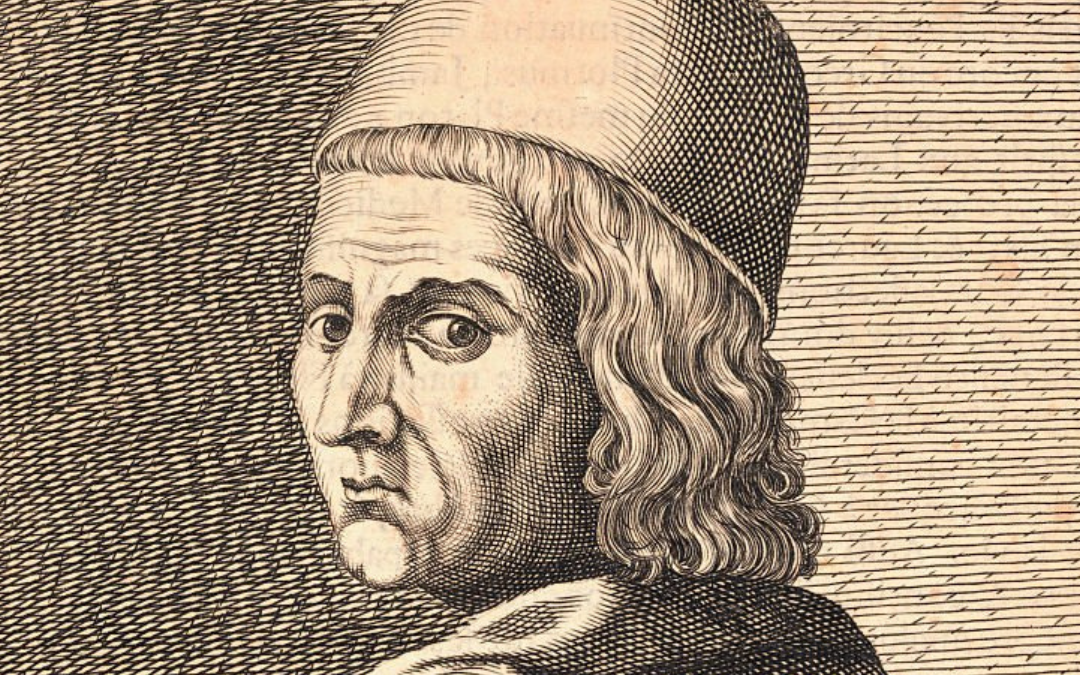
Marsilius of Padua on the Relationship of Church and State
Seven hundred years ago, Italian scholar Marsilius of Padua helped lay the foundation for our modern ideas of popular sovereignty. In his book Defensor Pacis, written in the context of an ongoing battle in church-state relations, he anticipated the idea of separate spheres for Church and state. Though tensions over the balance of power between Church and state were probably inevitable, it took surprisingly long for them to develop. In the Roman Empire, the state regulated religious practice. Christianity was an illegal religion in the Empire for nearly 300 years, but when legalized, a precedent was set for the Church to operate separately from the state. For centuries, the two sides...
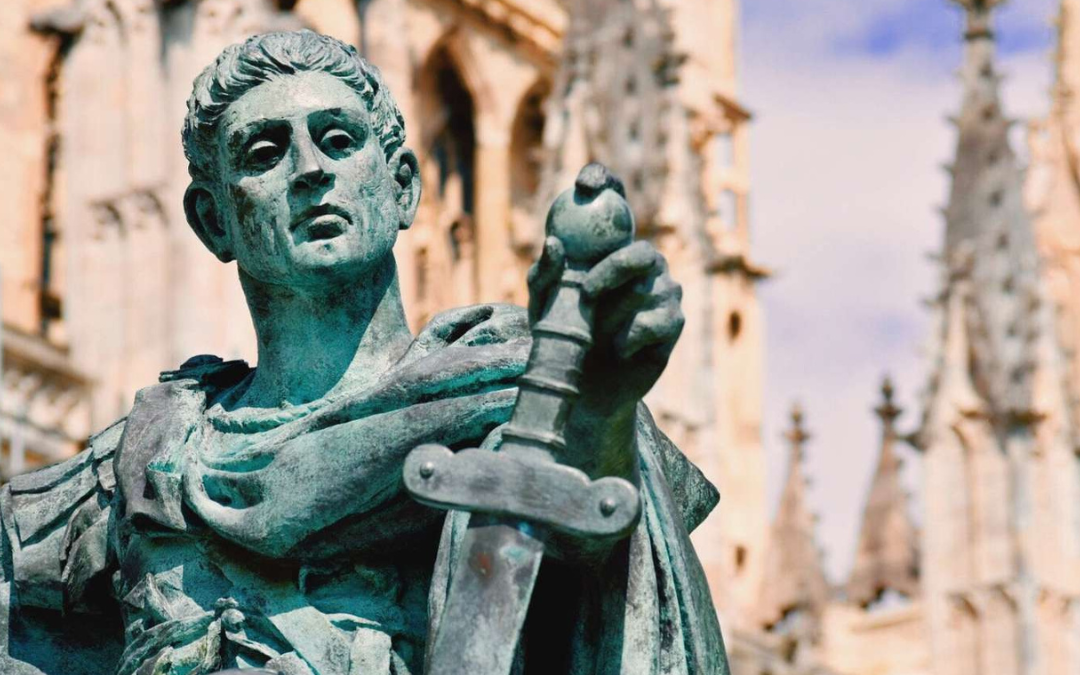
Thank God for Constantine?
Seventeen hundred years ago this year, Constantine defeated his co-emperor Licinius, ending a series of civil wars and consolidating power as sole emperor of Rome. At the time, Christians saw this as the defeat of old pagan ways and the triumph of a new Christian vision of Rome. Constantine’s turn to Christianity began before he abandoned Roman paganism. His children had been tutored by Lactantius, a Christian who opposed coerced worship and argued for religious liberty as long as a religious practice did not disrupt public order. Years later in 312, as Constantine went into battle against a rival, he claimed to have a vision of a symbol of Christ with the words, “in this sign, conquer.”...

Best of Breakpoint: Asbury and the History of American Revivals
This Breakpoint was originally published on February 21, 2023. ___ Two weeks ago, what started as a routine (and, according to the preacher, “lackluster”) chapel service at Asbury University became something remarkable. Instead of heading off to classes, students stayed to pray and worship. Services have continued ever since, with people traveling from near and far to join in prayer, repentance, and song. What is being called a “revival” by some and an “awakening” by others has now spread to other Christian colleges. The past few days echo the revivals that were experienced in the recent past on other Christian college campuses, including one at Wheaton College in 1995, and those at...
Biblical Views on Work and Wealth
An overview of biblical views of labor and wealth, starting from Genesis and continuing through Scripture and church history. This lecture was prepared for the Christian Open Academy in Ukraine.
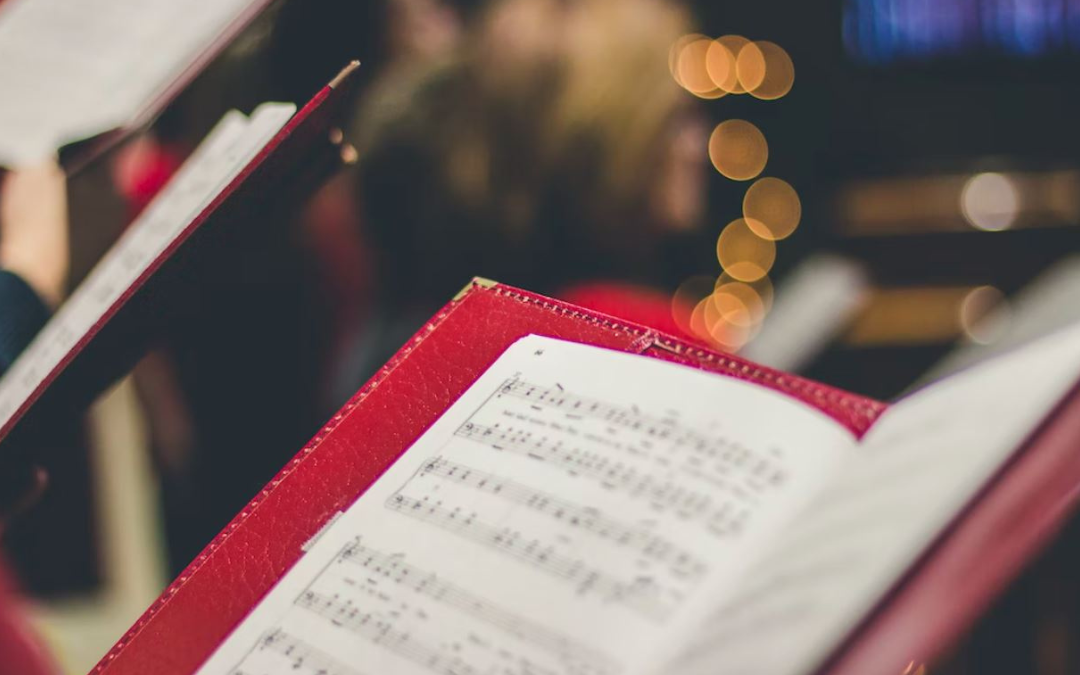
Best of Breakpoint: What Music Is For in Corporate Worship
Today, January 13, we remember the Hussites who, on this day in 1501, published the first hymnal in history written in the language of the common people. The descendants of the Hussites are known as the Moravian Brethren, who carry on the rich tradition of hymns and church music today. Christians have good reason to commemorate this event. After all, ours, like Judaism, has always been a singing faith. The longest book in the Bible, and the one at its center, is the Psalms, a word that means “songs.” David’s plans for the Temple included clans of Levites whose entire job was music. Choirs, soloists, orchestras, and antiphonal singing were prescribed parts of Temple life and practice, and...
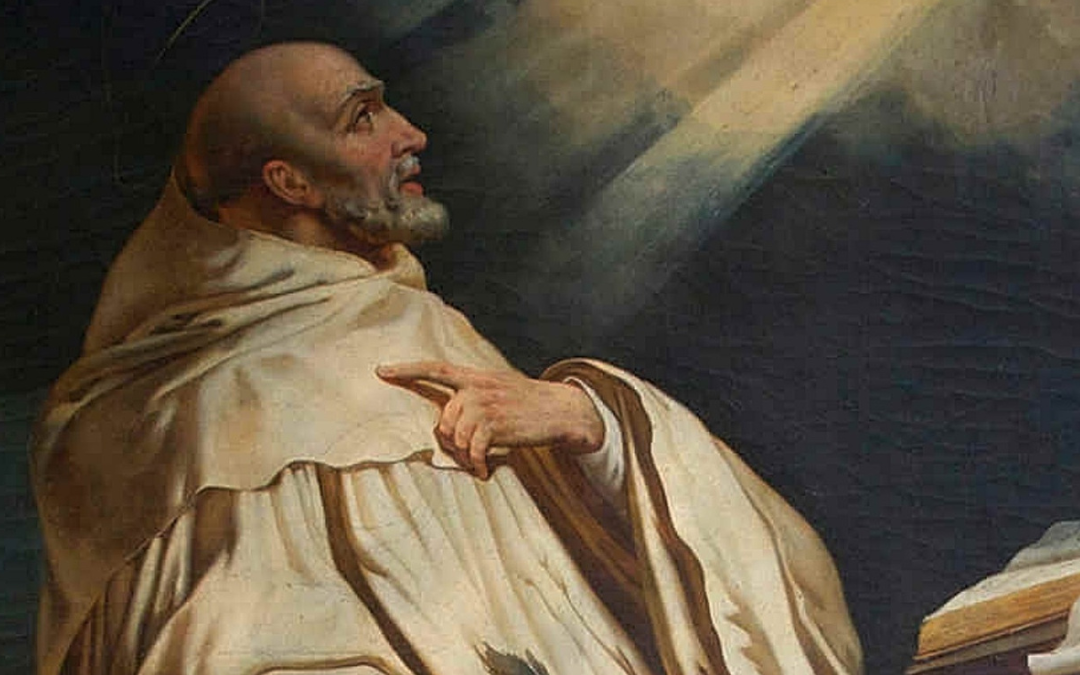
Bernard of Clairvaux on the Nativity
Many Christians are familiar with the beautiful and tender words of the medieval theologian Bernard of Clairvaux (1090-1153) in the hymns “O Sacred Head Now Wounded,” “Jesus the Very Thought of Thee,” and “Jesus, Thou Joy of Loving Hearts.” Like other Church Fathers, he also preached on the topics of Advent and Christmas and had rich words to share. As well as a theologian, Bernard was a Church reformer, mystic, and abbot of the Cistercian monastery at Clairvaux. He played important roles in both ecclesiastical and secular politics, particularly as a preacher of the Second Crusade. Because of his eloquence and his emphasis on divine love, Dante made him his final guide of Paradise in his...

Rob Reiner’s New Documentary on Christian Nationalism
Rob Reiner, known for his role as “Meathead” in the 1970s sitcom All in the Family and for producing movie classics like The Princess Bride, recently announced a new documentary he helped produce about the dangers of Christian Nationalism. According to Reiner, opposing abortion and the LGBTQ agenda are central tenets of Christian Nationalism. Several evangelicals, current and former, are featured in the documentary. It’s always strange when a non-Christian explains to Christians what is and what is not true Christianity. Even stranger is when professing Christians who have abandoned Christian moral teaching about creation, sex, and marriage—as is the case with a few of the experts...
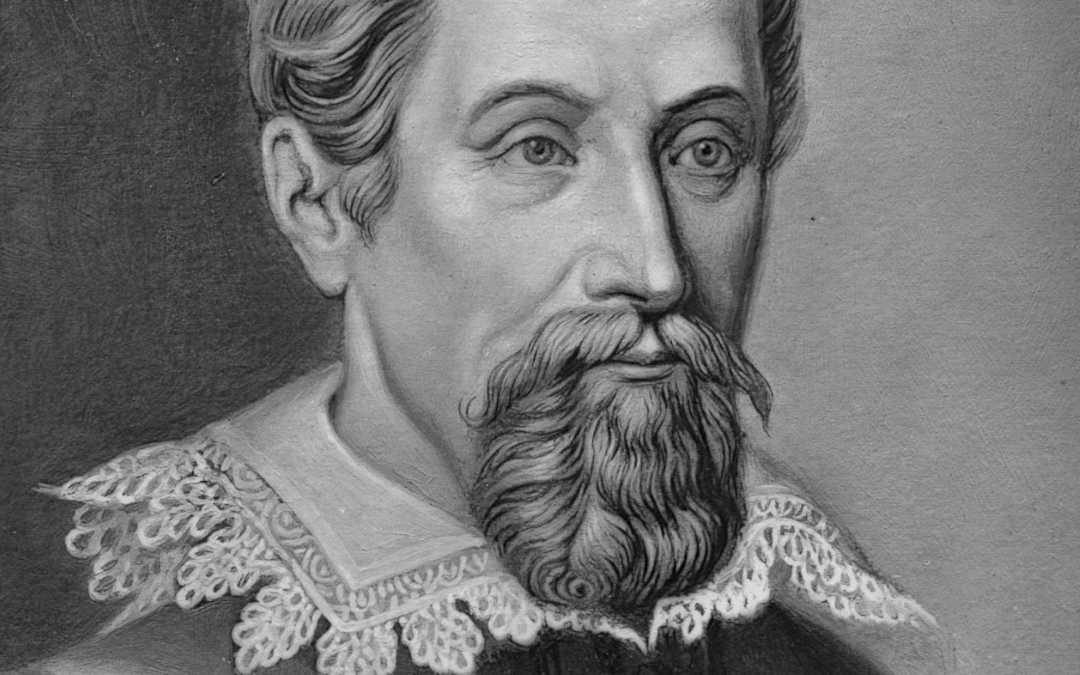
Johannes Kepler, Thinking God’s Thoughts After Him
November marks the death of Johannes Kepler, one of the most important figures of the Scientific Revolution and a scientist who was motivated by his Christian beliefs. The significance of Kepler’s work can only be understood in light of what he faced and risked. The settled science of his day was that the Earth stood at the center of the universe. To challenge that meant to challenge the entire, accepted understanding of physics. When Copernicus published On the Revolution of the Heavenly Spheres in 1543, he argued that the universe was centered on the sun rather than Earth. His motivation was to preserve the idea that planets traveled at a constant velocity in perfect circles. In other...
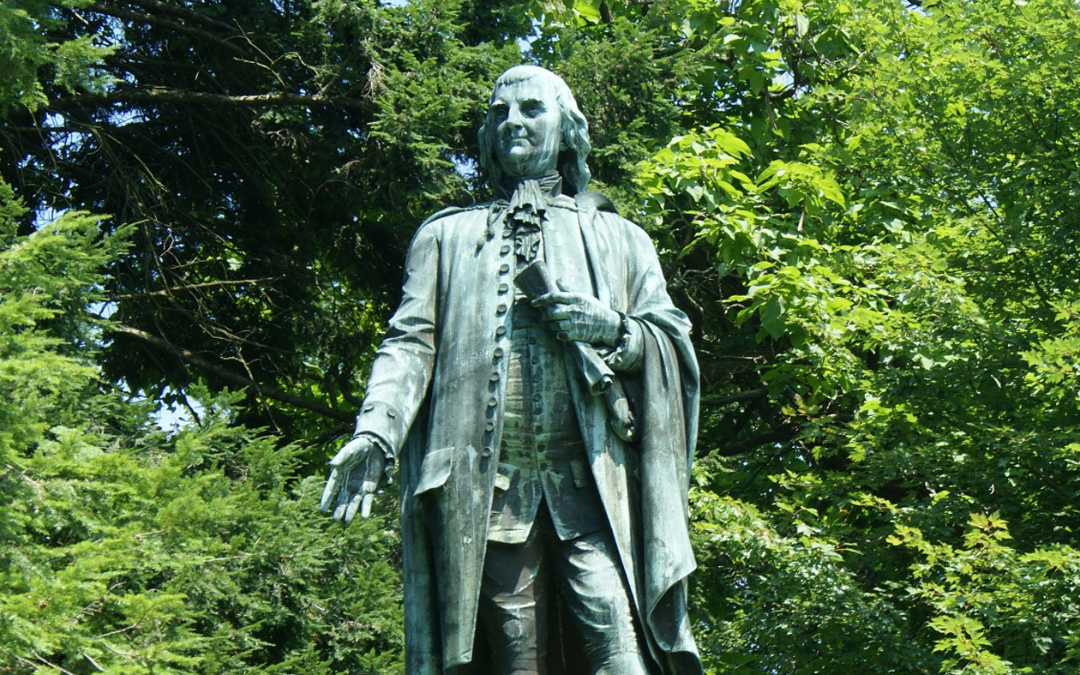
The Legacy of John Witherspoon
The month of November marks the death of John Witherspoon, one of the most important and most underrated of the American founding fathers. Born in Scotland in 1723, Witherspoon received a Master of Arts at age 16 from the University of Edinburgh, where he would continue his studies in divinity. In 1745, he became an evangelical minister in the Church of Scotland. Witherspoon was no fan of the monarchy and was imprisoned the following year for opposing the royalist Jacobite uprising, an experience that damaged his health for life. After his release, he returned to pastoral ministry. In 1764, the University of St. Andrews awarded Witherspoon an honorary Doctor of Divinity. Four years...
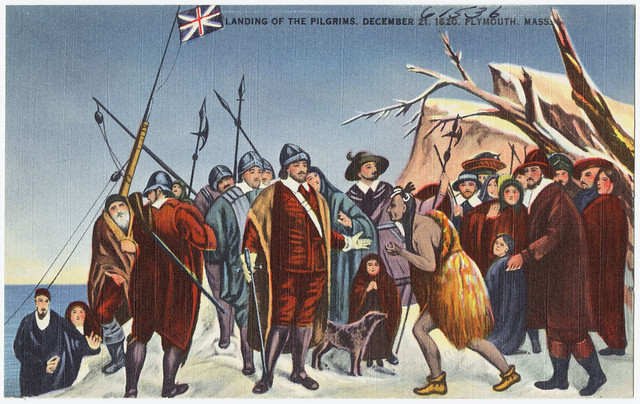
What Really Happened at Plymouth
Revisionist attempts to reinterpret the first Thanksgiving have muddled the history of Plymouth Colony and the Pilgrims. Some on the right call the historical events a “triumph of capitalism,” getting the chronology of events wrong. Voices on the left often accuse Thanksgiving of being a celebration of genocide against the Native Americans, citing the Mystic Massacre in the Pequot War, ignoring the context of that event, not least of which that it occurred 16 years after the celebration in Plymouth. Neither of these narratives accurately represents what actually occurred in Plymouth in the fall of 1621. The Pilgrims were English Separatists who believed congregations should be...

Barbaric Norms: Hamas, Israel, and Just War
The despicable and horrendous attacks by Hamas against civilians last week, including beheading children and kidnapping the elderly, seems a throwback to some distant, barbaric past of human history. We may have thought the world had long ago outgrown such barbarity, but it hasn’t. In fact, as shocking as it is, the kinds of atrocities carried out by the Hamas terrorists are the norms of warfare, at least throughout most of human history. Modern notions of just war, proportionality, and distinguishing between civilians and combatants are exceptions to the kinds of warfare conducted by the Assyrians and Babylonians, ancient Greece, the Vikings, the Mongols, and the Aztecs. Massacre sites...
Athanasius On the Incarnation
A few years ago, my colleague Dr. Glenn Sunshine wrote an introduction to one of the greatest works of Christian antiquity, Athanasius’ On the Incarnation of the Word. Athanasius (born in Alexandria in the 290s) is best known for defending the divinity of Christ against the heresy of Arius, who taught that Jesus was not equal with God the Father but a lesser, created being. Arianism had gained significant ground in the Church, but Athanasius fought to preserve the biblical view that Jesus is “in very nature God.” In the process, he became known as Athanasius Contra Mundum: “Athanasius Against the World.” In his introduction, Dr. Sunshine describes Athanasius’ teaching: "[T]he Image of...
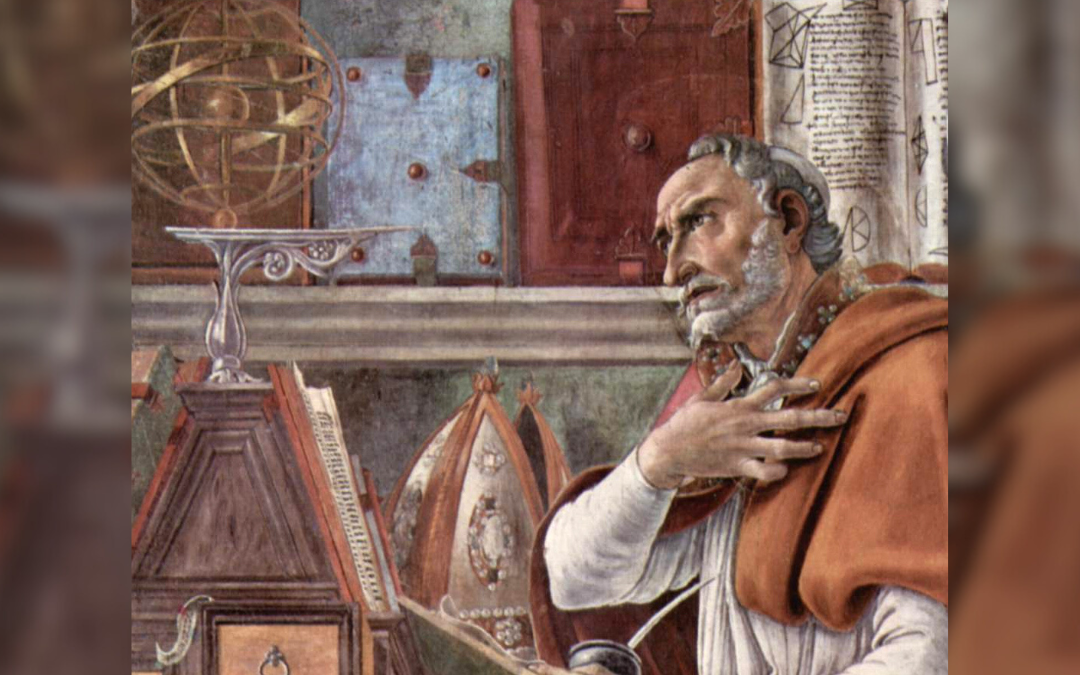
Augustine’s Christmas Sermons
From the earliest days of the Church, Christian theologians have marveled at the paradoxes found in the incarnation. Among the earliest expressions of this marveling comes from St. Augustine, the most influential theologian in Western Christianity. Augustine was born in 354 in Thagaste, a Roman city in modern Algeria. A brilliant thinker, he initially rejected Christianity as an intellectually empty faith, despite the faithfulness of his mother. After wandering through various pagan philosophies, the equally brilliant St. Ambrose, the bishop of Milan, showed him how Christianity was superior to pagan philosophies. Augustine became a Christian, and eventually returned to Hippo, where he...
Live by Ideology, Die by Ideology
Two significant academic scandals from the past year underscore why the new book Critical Dilemma, written by Drs. Neil Shenvi and Pat Sawyer, is so timely and important. In my view, this book offers the definitive critique of critical theory from a Christian worldview. You can receive a copy for a gift to the Colson Center this month. (Just go to colsoncenter.org/October). Eric Stewart, a former professor in the highly rated criminology department at Florida State University, is the principal author of a paper that concluded that, as Black and Latino populations increased, so did the public’s demand for more discriminatory sentencing. After the paper was published, his co-author Justin...
